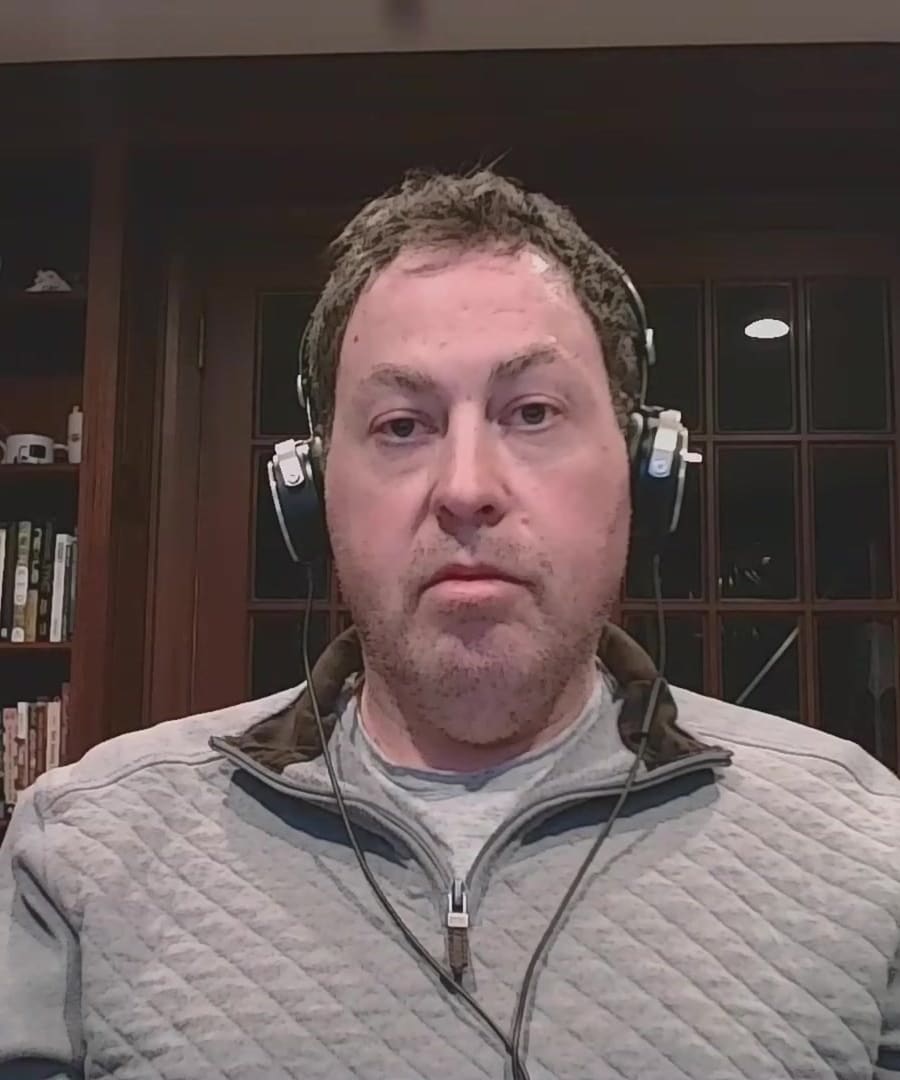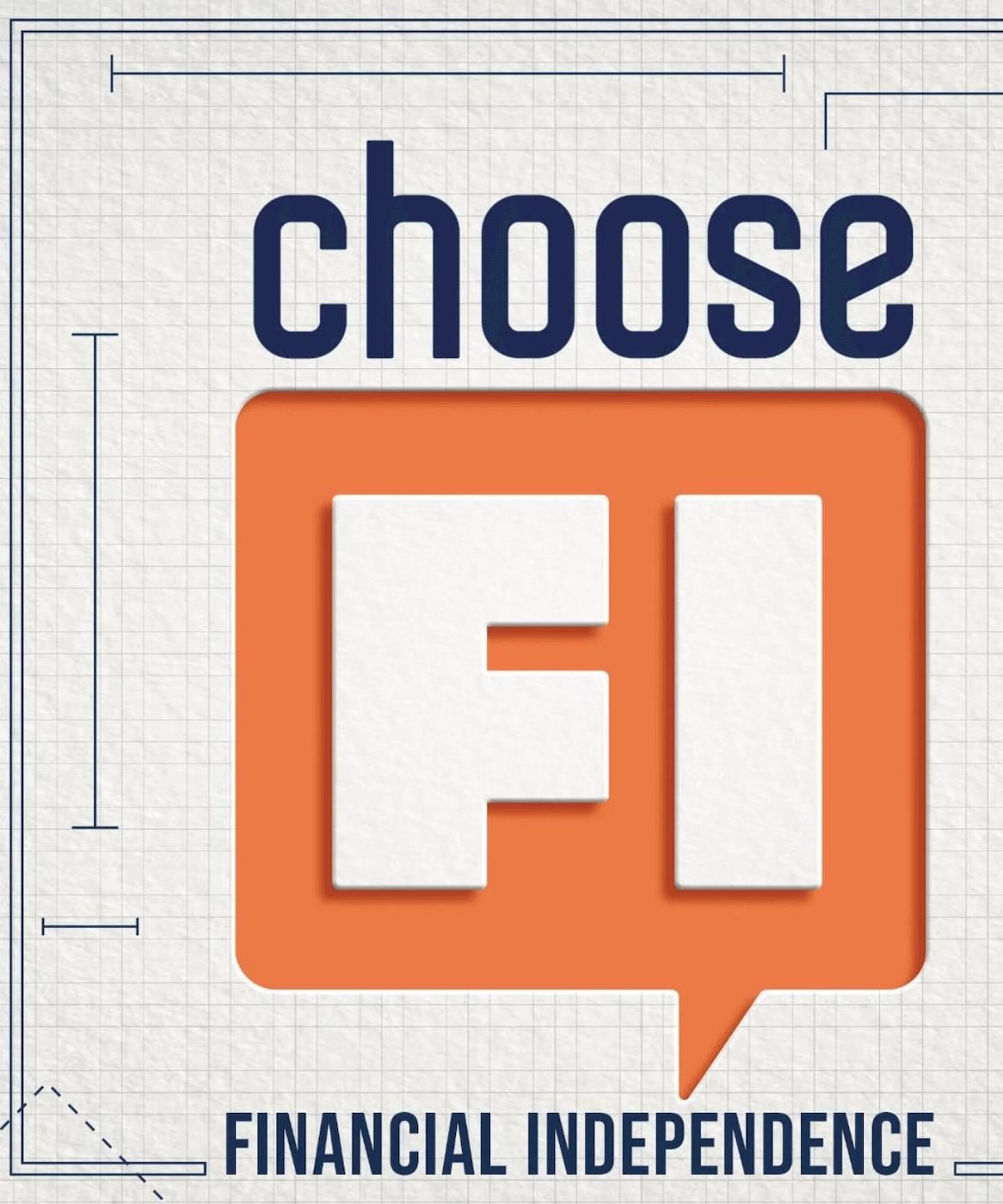Resume Building
Sources:
Here are some valuable tips and strategies for building an effective resume:
-
Structure and Headings: Highlight your most relevant experience first and use clear section headings. Consider including a brief description of each company you've worked at since not everyone may be familiar with all organizations. Avoid overcrowding; three bullet points may not adequately describe several years at a company. Keep your CV focused and impactful, ensuring it captures the depth of your experience 1.
-
Traditional Resumes and Cover Letters: Despite the digital age and the ubiquity of platforms like LinkedIn, traditional resumes and cover letters remain crucial. Keep your resume to one page unless you have extensive relevant experience. Use whitespace effectively for easy scanning, and remember, the primary goal of your resume is to secure an interview 2. Always aim to make a strong, concise impression 3.
-
Discussing Salary: When entering the interview phase from your resume, it's important to understand the entire interview process, including duration and expectations. Discussing salary early on can save time and ensure transparency. Being clear about salary expectations upfront avoids potential misunderstandings later in the process 4.
-
Educational Details: For recent graduates or those with limited work experience, placing education details prominently on the CV is beneficial. Include challenges you addressed and the solutions provided during your education to provide depth. Minimize the listing of excessive skills to avoid appearing as a "jack of all trades." Focus instead on showcasing a few relevant, strong skills with examples 5.
-
Skill Translation and Interviews: If you are changing industries or returning to the workforce, emphasize how your existing skills translate into the new field. Prepare to explain this alignment in both your resume and during interviews 6.
-
Crafting Your Narrative: Particularly for those with diverse experiences or frequent career changes, framing your professional journey in a narrative form can be very effective. This helps others understand your unique value and how your diverse experiences contribute to your capability 7.
-
Proactive Outreach: Don't just rely on a perfect resume; reach out to potential employers proactively. Tailor your message to reflect your passion and fit for the position or company. Mention specific personal connections or interests relevant to the employer to add a personal touch to your applications 8.
For further details on these insights, you can refer to different clips that discuss each aspect deeply. These range from crafting effective CVs to handling interviews and optimizing your resume for different job markets.
RELATED QUESTIONS-

